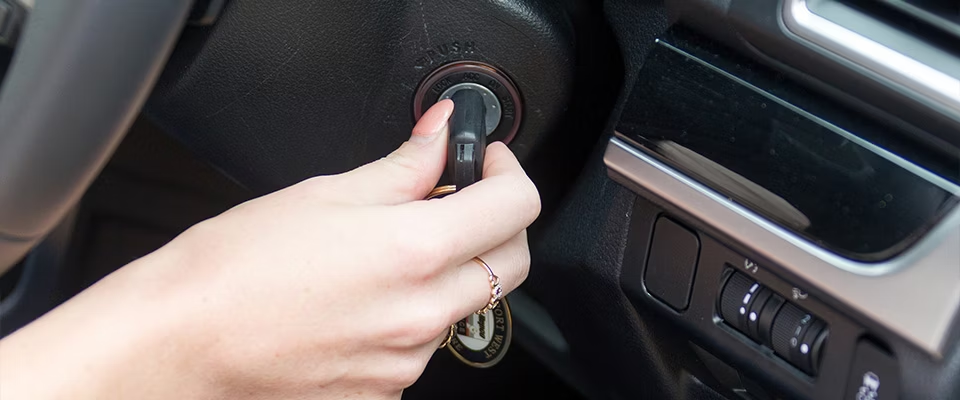
Timing belt, hoses & other belt repair & replacements
Belts and hoses range from the all important timing belt to the small air flow hoses.
Read moreBecause the auto-electrical systems of today's cars are so intricate there are a lot of different faults that fall under the category of auto-electrical - from a faulty power window right up to engine failure.
Auto electrical problems can often seem like one part of your vehicle is faulty when it’s actually another part causing the problem. Issues with your battery going flat can be caused by the alternator, blown fuses can cause all kinds of issues and solenoid problems can easily seem like an issue with the battery or starter motor. Having a fully qualified Auto Electrician diagnose any issues is the best way to know for certain that any faults have been fully resolved at the source.
At Total Car Care Centre our auto-electrician is fully trained to perform work on all the electrical components of your vehicle and can help diagnose, install or repair any electrical problems in your car including:
Remember, many of the life saving technologies in today's vehicles, like stability controls or anti-lock braking systems are controlled by the car's computer, electrical and wiring systems, and these systems need to be regularly checked by a specialist for faults to ensure your safety on the road. Our Auto electricians are fully qualified and maintain highest quality up to date knowledge via the Repco auto-tech training programme.
If you have an Auto Electrical issue in your car, need electrical equipment installed or would just like to talk to us about your problem please call us at Total Car Care Centre today or fill in our handy contact form and we will contact you as soon as possible to discuss your vehicles needs.

What parts of the auto electrical system require maintenance?
What are the most common problems auto electrical systems can have?
What are the signs an auto electrical system may need a service?

Belts and hoses range from the all important timing belt to the small air flow hoses.
Read more
Your car's safety and roadworthiness is dependent on the “safety triangle,” consisting of the vehicle's ‘stopping, steering and stability' capabilities.
Read more
Your electronic fuel injection (EFI) system is designed to rapidly deliver fuel to the engine in a highly efficient manner, helping your vehicle to run smoothly, at peak performance and using the minimum amount of fuel.
Read more